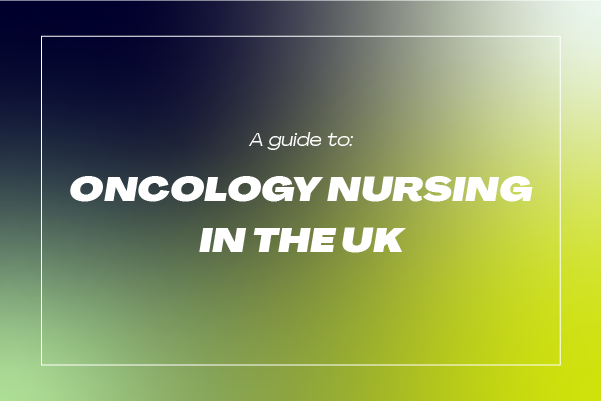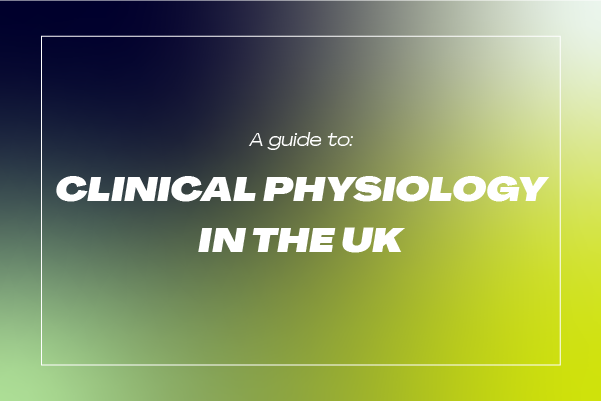Suppose you're thinking about moving to the UK for work. In that case, this article will answer some of the frequently asked questions, focusing on Nurses and Midwives hoping to join the Nursing and Midwifery Council (NMC).
What is IELTS?
The International English Language Testing System (IELTS) is a global testing system used to determine an applicant’s proficiency in the English Language. The exam is given to anyone looking to study, work, or live in the UK, Canada, Australia, or New Zealand. Requirements for passing the IELTS will differ depending on which country the exam-taker is applying for entry to.
The IELTS is made up of four separate exam portions: Listening, Speaking, Reading and Writing.
Is normal IELTS accepted in the UK?
Only IELTS exams with ‘UKVI’ in the titles are accepted by the UK Home Office. As standard, the UK Home Office requires an overall pass rate of 4.0 as part of the visa application. However, the pass rate for registering with the NMC is much higher.
What is the required IELTS band score for work in the UK?
To become a nurse or midwife in the UK, there are two IELTS options:
- UKVI Academic IELTS
- UKVI IELTS (General Training) + OET
The UKVI Academic exam requires a pass rate 7.0 in Reading, Speaking, and Listening and 6.5 in Writing. UKVI General Training requires an overall pass rate of 4.0, but it must be taken alongside the Occupational English Test (OET), which requires an overall grade of B.
Should you take Academic IELTS or OET?
For most applicants, taking the UKVI Academic IELTS is the most straightforward option because it covers the pass score for both the UK Home Office and the Nursing and Midwifery Council. However, it is the more difficult test, with a lower pass rate, but it is also the cheaper option.
The Occupational English Test (OET) is an easier exam designed specifically for healthcare professionals and based on healthcare scenarios. To register with the NMC, an applicant taking the OET needs to score an overall Grade B. However, the applicant will also need to take the UKVI IELTS (General Training) and gain an overall score 4.0 to apply for a visa. This option is considered the easiest of the two but is more expensive.
Read a more detailed comparison of the IELTS and OET exams.
Is IELTS mandatory for a UK Tier 2 Visa?
Yes. To access a Tier 2 visa, the UKVI Academic or UKVI General Training IELTS should be taken and passed with an overall score of 4.0. Please note that registration with the NMC will require the applicant to take UKVI Academic IELTS and achieve a score of 7.0 for Reading, Listening and Speaking and 6.5 for Writing.
Can I take the IELTS exam online?
To use your UKVI IELTS results for your UK visa application, you can take the test at one of the official IELTS test centres, which are located in over 1,000 locations worldwide.
However, as of March 2016, a limited number of places are made available for applicants to take the Academic IELTS on a computer. The British Council IELTS website states:
“From March 2016, some IELTS test takers for UK Visas and Immigration will be able to take their IELTS test on a computer. A limited number of places will be available at the British Council for IELTS for UKVI (Academic) delivered on a computer at several locations in the UK, China, Malaysia, Japan, India, Hong Kong, Brazil and Nigeria.”
How hard is it for a Nurse to move to England?
It’s easy to understand why Nurses love the idea of moving to the UK; our National Health Service is ranked as the number one healthcare system worldwide. We take pride in our top spot and only accept international healthcare professionals who meet strict criteria set by the UK Home Office and professional bodies, such as the Nursing and Midwifery Council (NMC).
Aside from the requirements for Visa application, becoming a registered nurse with the NMC requires the nurse or midwife to achieve a 7.0 in Reading, Listening and Speaking and 6.5 in Writing for the UKVI Academic IELTS or an overall Grade B in the Occupational English Test (OET). The nurse or midwife must pass the Computer Test (CBT) before moving and then the OSCE (Objective Structured Clinical Examination) after training in the UK for 6-8 weeks.
The UK is a diverse and tolerant multicultural society, which means international residents from all areas of the world can settle in well here. Culturally, the UK may differ significantly from other nations, so it is a good idea to research the culture and customs of British people and life in the United Kingdom.
How can a recruitment agency help me get a nursing job in the UK?
Specialist recruitment agencies, like Your World Healthcare, can help international Nurses and Midwives find jobs within the NHS and assist with the Visa application process, sourcing accommodation, and planning travel. Our expert team has helped hundreds of Nurses and Midwives start new lives in the United Kingdom and build their careers within the world-famous National Health Service.
Find out more about how Your World Healthcare’s International Team can help you.
Please note: The information in this article is subject to change, in accordance with the regular updates made by the UK Home Office and Nursing and Midwifery Council.











